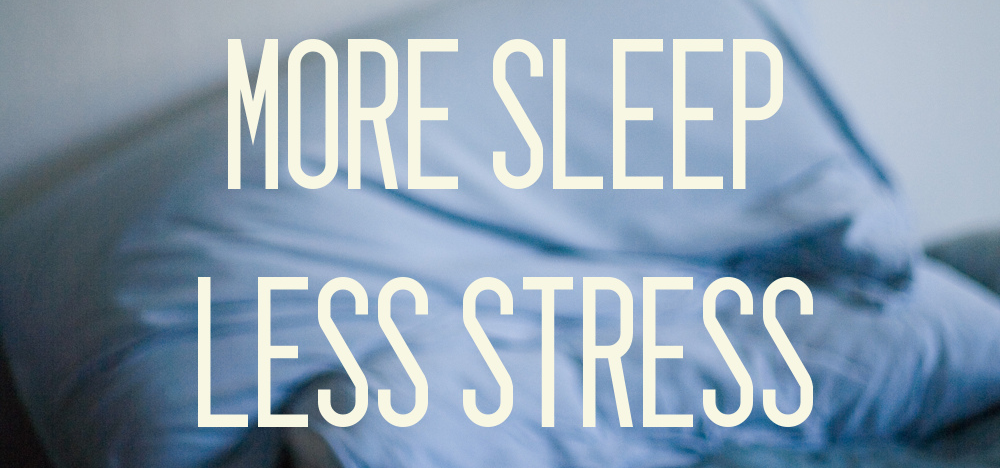What You Don’t Know About Sleep and Muscular Gains

You feel tired, fatigued, sore, unmotivated. Getting to the gym is difficult, your pre-workout barely wakes you up and you feel as flaccid as an 83 year old man. What the hell is going on? Why do you feel so sluggish and poorly recovered? Maybe you are overtraining? Maybe you aren’t holding up your end of the recovery bargain? Perhaps your “sleep hygiene” is lacking!

Sleep
Sleep is an interesting topic. We don’t know a ton about sleep but we do know what sleep provides for the human body in regards to performance. It is clearly understood that sleep impacts cognitive behavior and daily decision making. There is ample evidence that proper sleep has a very positive impact on the functionality of hormones and how they impact protein synthesis and recovery. Various observational studies have even shown that professional sports that tend to travel across more than two time zones tend to have a very poor rate of success, likely attributed to the lack and adaptation of sleep.
Research
In 2018 and 2019, I held various conversations with Dr. Stephen Lockley, a professor at Harvard. During our discussions, I learned how sleep banking works, how the body is triggered to sleep and how we can handle the lack of sleep when under stress for work deadliness or even potentially athletic events.

We don’t really know or understand our natural sleep needs or timing because we are surrounded by electric light. Many “short sleepers” are likely impacted by caffeine, stress and unnatural lighting.
Experimental research has been done to separate individuals from technologically impaired sleep patterns. Individuals have initially shown that many people sleep for very, very long periods. After a few days, we see young people getting about 8.5 hours a night while 50-65 year olds will get about 7.5 hours of sleep. Showing that most of us are tremendously sleep deprived over time.
Internal Clock and Measurement

Our body utilizes two systems to gauge when to sleep. The light/dark cycle and the Circadian clock of recognition. These measurements help the body gauge how long the body has been awake and then sparks the development of sleep pressure. Sleep pressure is the body’s means of informing itself to go to bed. By being exposed to natural light, the body can naturally handle their clock and adaptation. Maintaining a structured schedule is also key to consistent and healthy sleep.
One of the key points in sleep is shown in research on teenagers. Adolescents love going to sleep much later and waking up much later. During this time, the clock shifts to going to sleep 2-3 hours later, however the problem is that this age must get up for school, creating a serious period of sleep deprivation during schooling. This can be seen in a similar light at the collegiate level as well. This leads to an impaired, sleepy brain that leads to poor overall performance.
How much sleep?
Athletes need enough sleep for themselves and their own recovery. As stated from the research above, adults need 7.5 hours or more while teenagers need 9-10 hours a night and that number is even greater in younger children. To optimize sleep, it is key to plan ahead with a schedule. Establishing a figure to attain and then working toward proper sleep patterns enables the individual to prepare and adapt throughout the day to optimize sleep.

Many people think, “Well, I have a test or presentation coming up, I can’t sleep that much.” If that is the case, it is important to work on banking sleep ahead of time or afterward. This prepares the body for a situation of stress or minimal sleep without having as severe of a negative impact on overall performance.
Prioritize Sleep for Gains
We aren’t cool or badasses by sleeping less. Change your attitude toward sleep and make it essential to your existence. Over the years, we have been told that sleeping less and working more makes us tough or even deems us more successful but in reality, it leads to many negative aspects:

1. Lack of sleep decreases testosterone and IGF-1, which makes it significantly more difficult to stimulate muscle mass through hypertrophic means of training.
2. Lack of sleep decreases cognitive function and stress management. Night shift patterns have shown that 30% more errors occur during this time!
3. Lack of sleep minimizes protein synthesis, leading to a severe decrease in muscle mass.
4. Doctors have shown that after a 24 hour shift, they are at 2 times greater risk on their drive home after their long work period.
5. Chronically, short sleepers are more prone to various diseases including diabetes and depression.
6. The Monday after Daylight Savings, road accidents go up 17% because of poor sleep.
Splitting the Day from the Night: Making Sleep Changes for Better Recovery
A key period of sleep preparation occurs in the evening hours. As our Circadian system communicates that it is time to wind down, society tells us to watch TV, go online, put our cell phones close to our face and be exposed to bright blue lights. However, that is what leads to poor quality of sleep. By starting to “wind down” and prepare for sleep, we are able to transition and split night from day. Here are some practical means to improve sleep by proper sleep preparation.

1. Avoid bright blue lights, instead dark red tone lighting is better in the evening hours.
2. Avoid caffeine after 2pm.
3. Use relaxing techniques such as yoga or breathing drills.
4. Turn off the TV and electronics 1.5 hours prior to bed.
5. Have a warm drink that is not caffeinated.
6. Prepare for the next day.
7. Meditate.
8. Listen to relaxing music.
9. Take ZMA Advanced 1 hour before bed.
By implementing these cues, the body is able to transition from daytime feeling to night time preparation, ultimately leading to improved sleep patterns.
Reset the Sleep System for Better Quality Sleep
The most important aspect that the strength community neglects in recovery is based around prioritizing sleep. By viewing sleep in the same light as protein shakes and periodization models, the athlete and coach will be able to create a training system that actually has strong results that are also consistent and more predictable. Sleep must be viewed as a 100% priority.
For starters, there needs to be regularity and consistency. Getting to bed at the same time every single night makes for a regular schedule. This establishes a consistent circadian rhythm that is in line with the light/dark cycle and makes for a great recovery environment. If consistency is not always attainable, be sure to prioritize sleep by banking hours ahead of time or by “paying back” the sleep debt after a schedule change occurs. As the athlete prioritizes sleep, their recovery will enhance, their mindset will improve dramatically and their muscle mass and weight will skyrocket!


Dane Miller
Dane Miller is the owner and founder of Garage Strength Sports Performance. He works with a select handful of elite athletes building comprehensive programs for strength and sports performance. Several times a year he leads a seminar for coaches, trainers, and athletes.
Join The Community
Thank you for reading, watching, commenting, sharing, and spreading all of our information around the web. Want more information like this? Become a part of the journey on Twitter, Facebook, Instagram and YouTube!



uNLGIMmS
YCvHLuIXdsBRj
rAoIKduQkEg
kEQvPpAO
uGrizMZltkfOQ